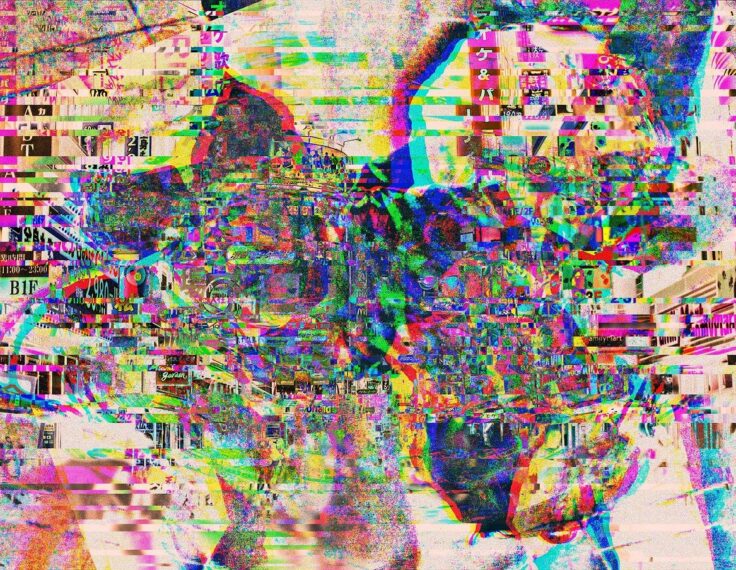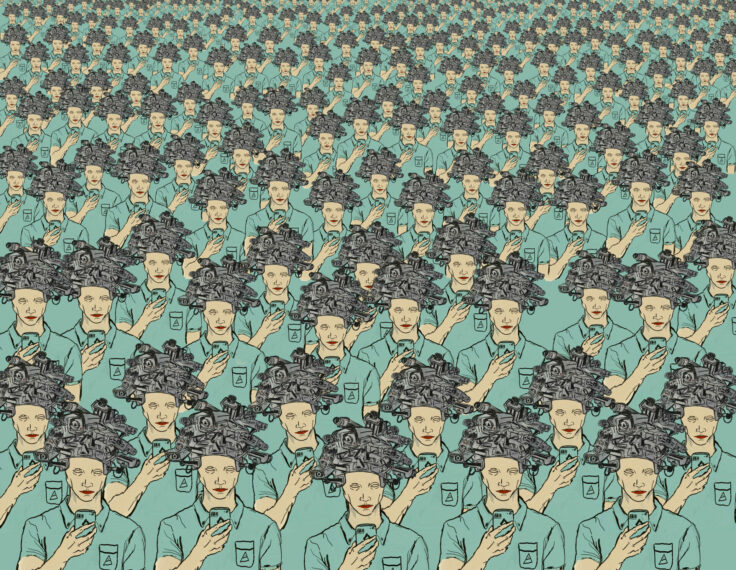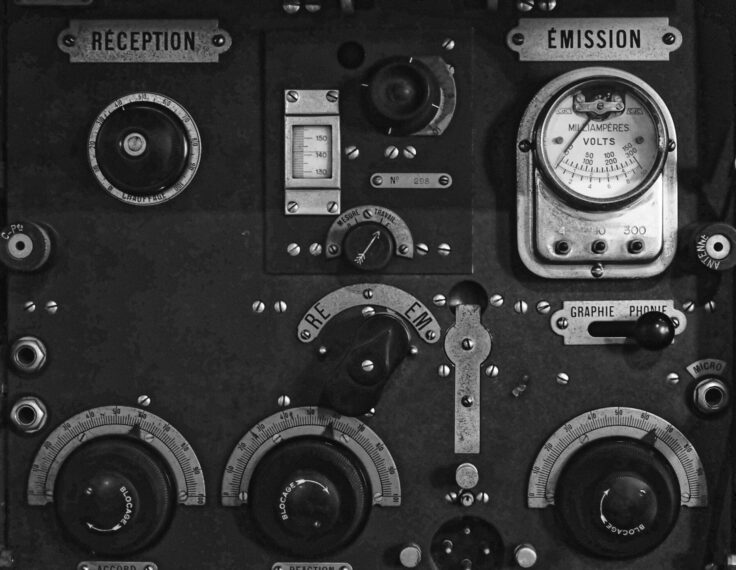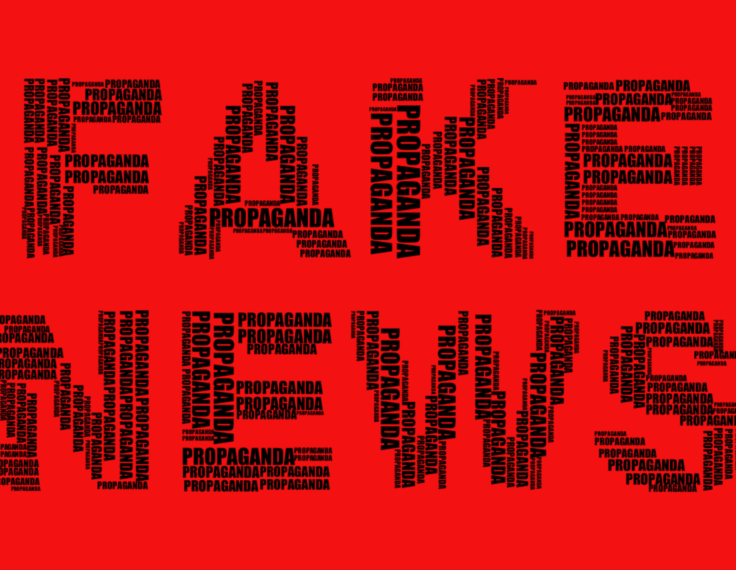
Propaganda
Unseeing propaganda: How communication scholars learned to love commercial media
Victor Pickard
A new disinformation age is upon us—or so it seems. But much of what appears to be unprecedented isn’t new at all. Concerns about misinformation’s effects on democracy are as old as media. The many systemic failures abetting Trump’s ascendance—as well as more recent election- and pandemic-related conspiracies—were decades in the making.

Propaganda
“A most mischievous word”: Neil Postman’s approach to propaganda education
Renee Hobbs
Before there was a term called media literacy education, there was an interdisciplinary group of writers and thinkers who taught people to guard themselves against the manipulative power of language. One of the leaders of this group was Neil Postman, known for his best-selling book published in 1985, Amusing Ourselves to Death: Public Discourse in the Age of Show Business.

Propaganda
Propaganda, misinformation, and histories of media techniques
C. W. Anderson
This essay argues that the recent scholarship on misinformation and fake news suffers from a lack of historical contextualization. The fact that misinformation scholarship has, by and large, failed to engage with the history of propaganda and with how propaganda has been studied by media and communication researchers is an empirical detriment to it, and serves to make the solutions and remedies to misinformation harder to articulate because the actual problem they are trying to solve is unclear.

Propaganda
Propaganda, obviously: How propaganda analysis fixates on the hidden and misses the conspicuous
Tim Wood
Propaganda analysis has long focused on revealing the rhetorical tricks and hidden special interests behind persuasion campaigns. But what are critics to do when propaganda is obvious? In the late 1930s the Institute for Propaganda Analysis faced this question while investigating the public politicking of A&P, then the largest retailer in the United States.

Propaganda
Data dependencies and funding prospects: A 1930s cautionary tale
Jefferson Pooley
Misinformation studies relies, to some extent, on access to data from large technology firms, which also seed grants, sponsor events, and support think tanks working in the field. These companies, facing scrutiny from regulators and critics, have a stake in their portrayal.

Propaganda
Overlooking the political economy in the research on propaganda
Aman Abhishek
Historically, scholars studying propaganda have focused on its psychological and behavioral impacts on audiences. This tradition has roots in the unique historical trajectory of the United States through the 20th century. This article argues that this tradition is quite inadequate to tackle propaganda-related issues in the Global South, where a deep understanding of the political economy of propaganda and misinformation is urgently needed.

Propaganda
Constructing a suitable platform for public health: Radio propaganda, instruction, and “The case of Elisa Cedillo”
Sonia Robles
The Mexican government communicated public health information in the early 20th century during radio programs dedicated to women. Turning to a platform committed to instruction and cultural programming, it publicized health education bulletins, which were sandwiched between weather reports and on-air cooking classes.

Propaganda
Propaganda Analysis revisited
A. J. Bauer and Anthony Nadler
This special issue is designed to place our contemporary post-truth impasse in historical perspective. Drawing comparisons to the Propaganda Analysis research paradigm of the Interwar years, this essay and issue call attention to historical similarities between patterns in mass communication research then and now.
